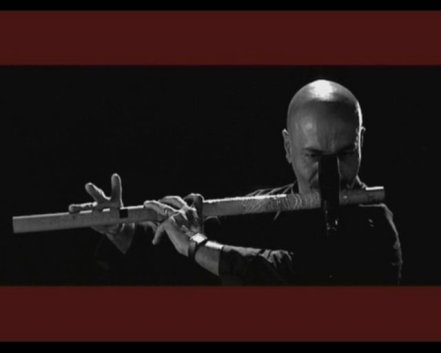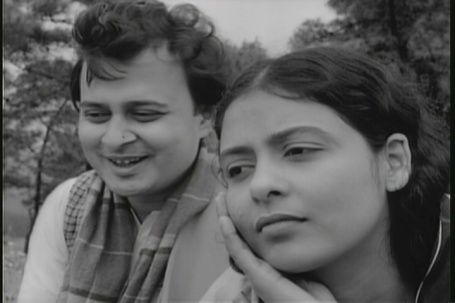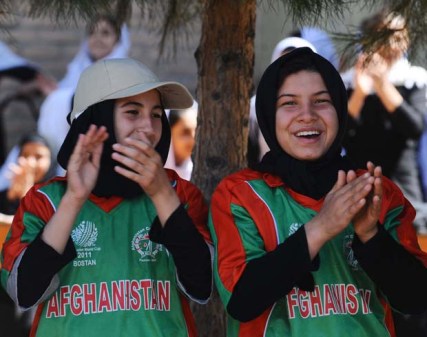Human rights — we all know. But what is Hans Dhun?
It is a beautiful Indian music based on a classical raga. Some people call it Hans Dhwani. Hans means swan. The swan is often associated with Saraswati, the Hindu goddess of learning. Hence, Hans Dhwani or Hans Dhun has a divine, sacred connotation.
For the non-religious, it’s simply beautiful.
Just a few days ago, I went to buy some small groceries at a neighborhood Pakistani store in our Brooklyn. The lonely storekeeper was half-asleep, watching Pakistani music video on his small TV hung from the wall. I got glued to it. Somebody was singing Hans Dhun.
Here’s the video. Watch it. Flute, strings, drums, voice…beautiful.
The music video talks about the plight of Afghanistan refugees who took shelter in Pakistan for three decades, before their makeshift huts were demolished, and they were sent back. Very touching — seen through the eyes of three Afghan men.
The video does not talk about how American powers created Frankensteins in post-Soviet Afghanistan, but truly, that’s a different story. At least, we see the devastation of war and terrorism.
Watching the video and listening to the heart-wrenching Hans Dhun, following the original Amir Khan rendition, I thought about another Hans Dhun I heard on our watershed Bengali movie Meghe Dhaka Tara (the Cloud-capped Star).
That story also, amazingly, talked about the plight of refugees and their never-ending struggle. A young man, a genius musician who lived in a refugee colony after being evicted by rulers in a partitioned Bengal, went away and found his fame in Bombay. He is now coming back to see his sister who was his only supporter and admirer throughout this struggle. Now, the dear brother is rich and famous, but the sister is dying. She has worked too hard to keep the family survive. And then, her boyfriend has broken his pledge to her. She is dying broken-hearted.
You watch the movie. Here’s just a clip of the song the brother sang on his way back to the colony.
It was fortuitous on my part to have learned about the Pakistani-Afghani band. It gave me an opportunity to bring up the subjects of human rights and plight of the poor, neglected people (predictable subject for me, as one of my esteemed Columbia University professors would declare), as well as the horror or war, violence and partition.
Times have passed. But did the pain?
You decide.
Post Script. — On this International Women’s Day, 8th March of 2014, I dedicate this blog to the woman cricket players of Afghanistan, Pakistan and Bangladesh. They are not just playing cricket. They are fighting back against terrorizing-oppressing dark, medieval forces in their countries. You wouldn’t believe how brave these young women are. Sisters, my hats off to you.
Plain Thinking,
Partha
Brooklyn, New York
###


